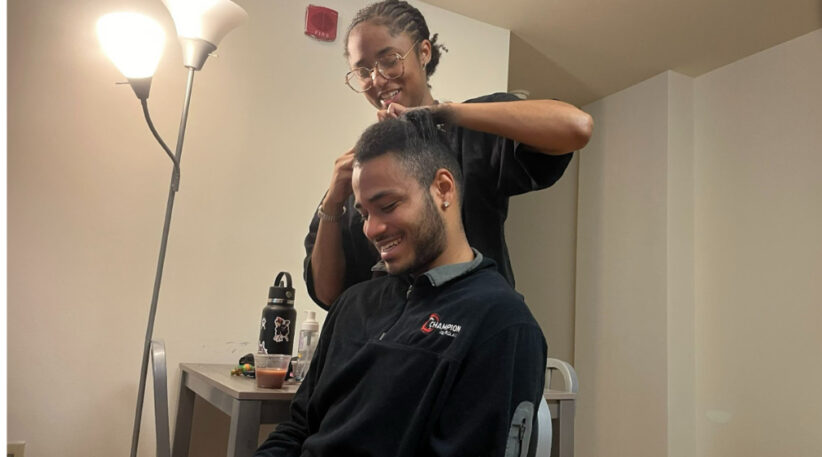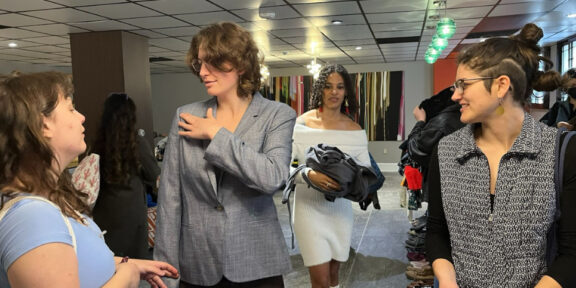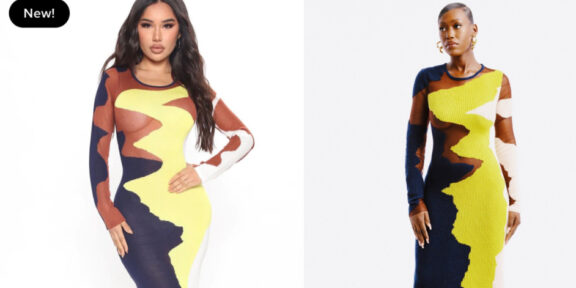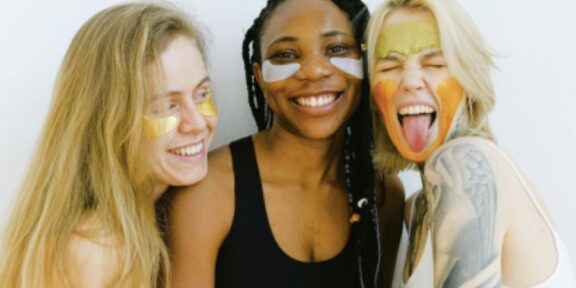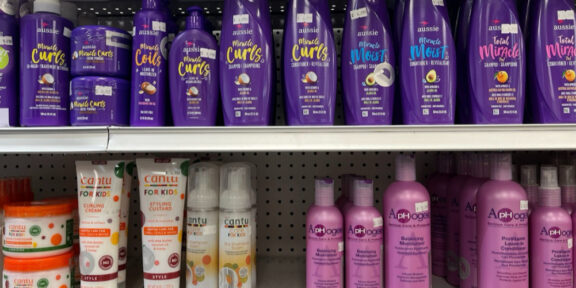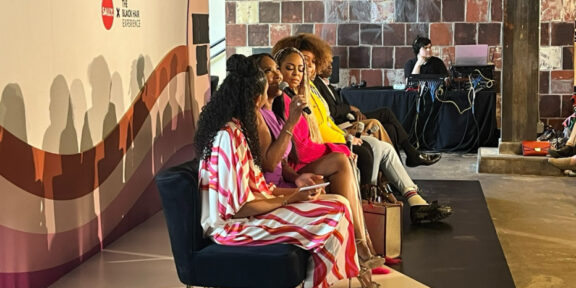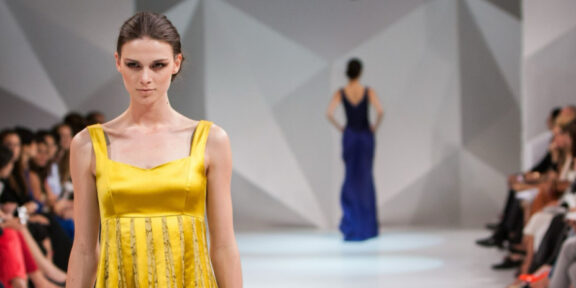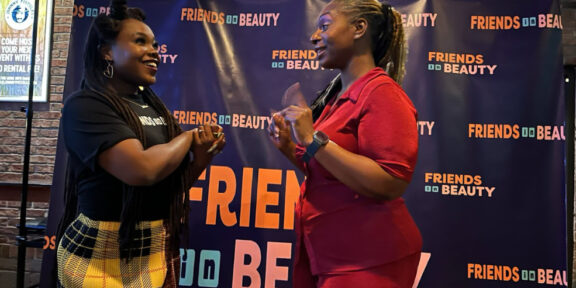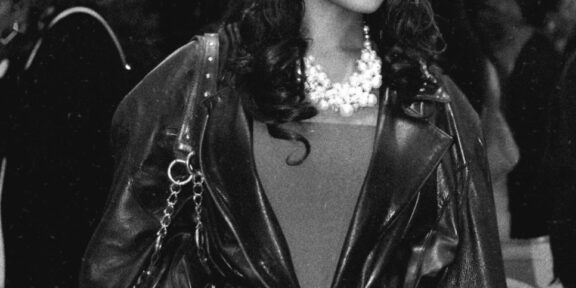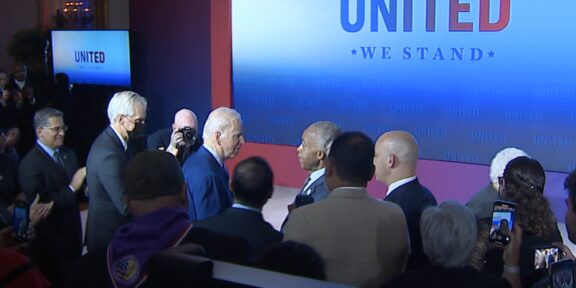Strings of braiding hair, rubber bands, and Shine ‘n Jam braiding gel string across Zoe Mckey’s living room table.
“My hair is a big form of self-expression,” Mckey said. “You know, I’m not really like a fashion killer, but I do walk around with a new style in my head every week, so it’s a chance for me to be creative, to try new things.”
When her hair isn’t done, Mckey said she faces a phenomenon called hair depression.
Hair depression is a phenomenon among predominantly Black women that associates depression, anxiety, and low self-esteem with not having one’s hair done.
“I’m taking a swimming class right now, so I can’t really have my hair done like I typically do,” she said. “When you get out of the pool, and your hair is dry, and your braids are all fuzzy, you’re not really feeling your best confident self when you look in the mirror.”
For black women and girls, their hair is associated with their identity and how they navigate both collegiate and professional spaces.
“Afro hair has been and still is correlated to ‘wildness’ and ‘unprofessionalism,’ which can cause anxiety in those with afro hair, especially when going for job interviews or psychological assessments,” said Heidi Pickett, a trainee clinical psychologist at the National Health Service.
Mckey feels that she feels her mood is directly connected to her hair appearance.
“When I do my hair, I feel at my most confident… so, I believe it’s like a really big confidence booster,” Mckey said. “Typically, if I’m like losing it or sadder than usual, I’ll be like, ‘let me go do my hair.’”
Hair depression, coupled with prejudices such as texturism—discriminations towards those with kinkier hair—can lead Black women to feel uncomfortable or even unwelcome in professional spaces.
In contrast to the mental health effects of hair depression, a new phenomenon has taken place: psychohairapy.
According to Dr. Afiya Mbilishaka, a psychologist and Black mental health advocate, psychohairapy teaches stylists and barbers mental health first aid through workshops, certification classes and presentations.
“Incorporating self-care techniques such as hair routines and hair products with nutritional elements can decrease negative symptoms of anxiety, stress, and depression for all ages,” said Synia Shim, a psychotherapist and psychology student at the New School for Social Research.
Though she sometimes grapples with hair depression, Mckey chooses to look at the idea introspectively.
“You know the concept of you’re not as important as you think you are? You’re not on people’s minds like you think you are,” Mckey said. “People got a whole bunch of stuff going on, and if their primary concern is how your hair looks, then that says more about them than it says about you.”

